Fifty years before the current crop of Aussies hit the bigtime in American football, another remarkable Australian sporting talent tried out in the NFL — the first from Down Under to do so.
Colin Ridgway was a remarkably gifted athlete — an Olympic high jumper and talented Australian rules player who had a brush with the bigtime as a punter for the Dallas Cowboys in 1965.
The tale of the trailblazing Ridgway has been grabbing US headlines on and off for decades.
Ridgway played three games as a Dallas Cowboys punter in the 1960s only to be gruesomely murdered in the county he’d made his home three decades later.
His murder, still unsolved, haunts the upmarket Dallas suburb of University Park.
Ridgway’s execution-style killing brought to an end a life lived large — from Melbourne’s working class northern suburbs to the leafy streets of one of Texas’s best suburbs.
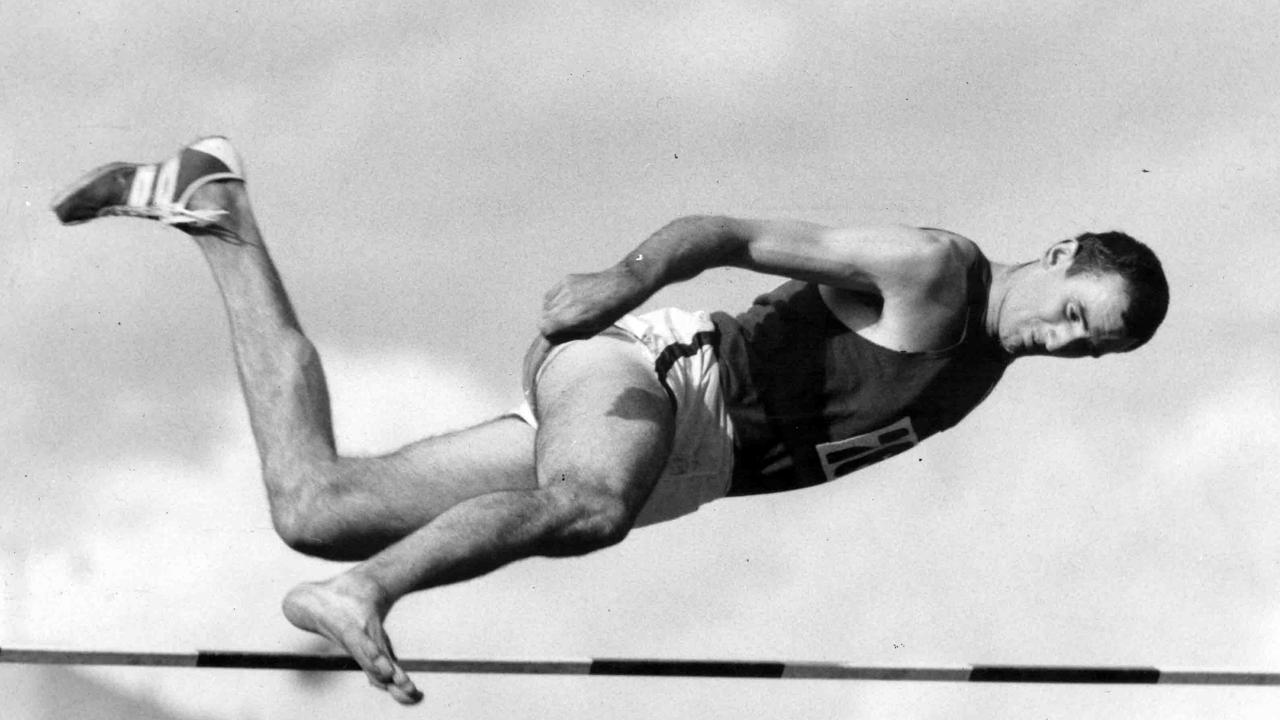
A LEAP OF FAITH
Melbourne-born Ridgway started his illustrious sporting career at the Carlton football club. Standing about 198cm, he was a high leaping forward and ruckman known for his prodigious kick — he could boot the ball up to 70 metres. He played in a losing under-19s grand final with the Blues in 1954 before graduating to the reserves, but failed to crack the senior team.
He turned his attention to athletics. He was 19 when he finished seventh in the final of the men’s high jump at the 1956 Melbourne Olympic Games. He also represented Australia at the Empire Games (now Commonwealth Games) two years later.
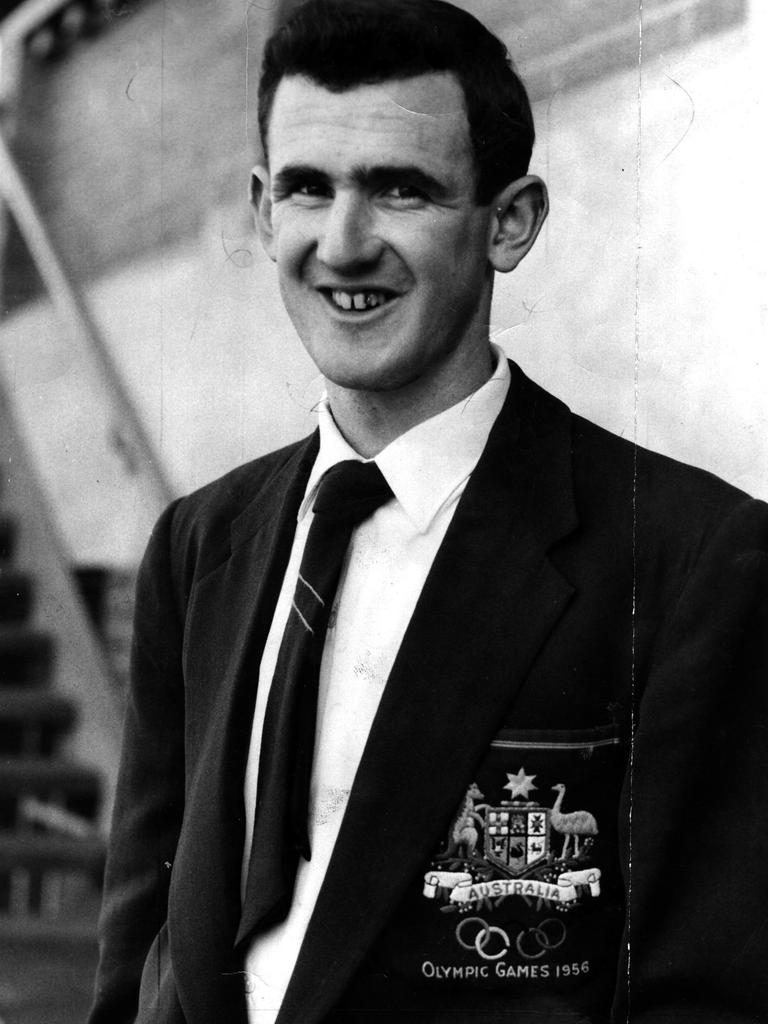
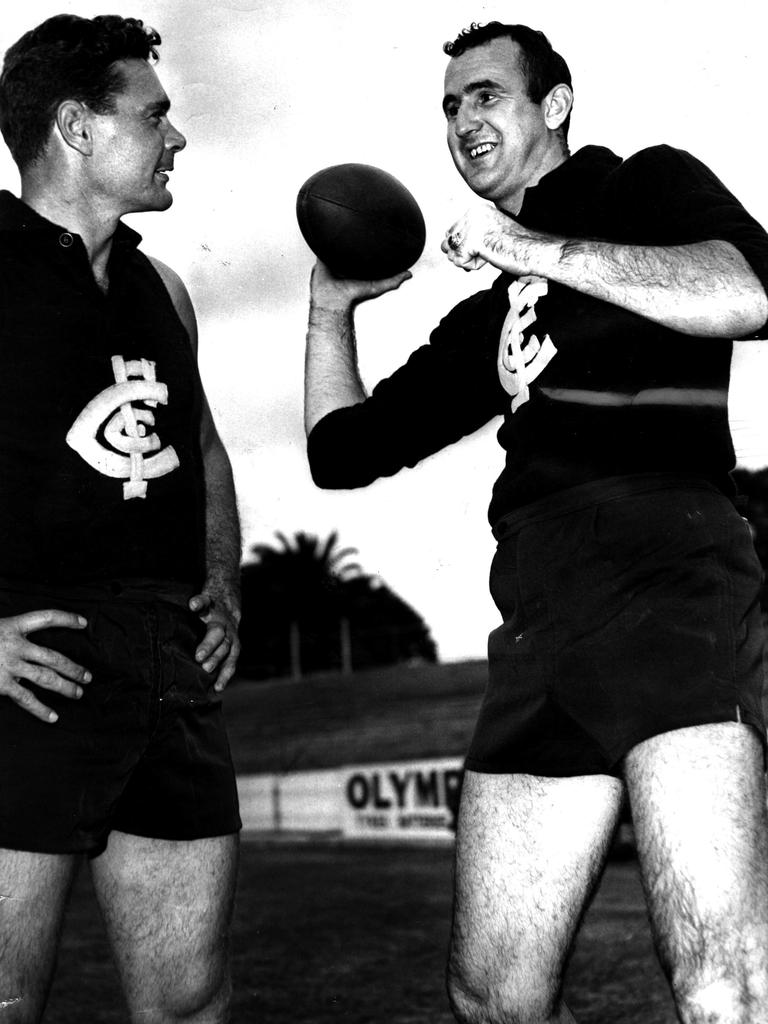
It was at Lamar that he was spotted by the Dalls Cowboys and signed up as a punter in 1965.
According to archived reports, then coach Tom Landry had tipped him to be one of the league’s top punters. The raw Australian kid could kick a ball more than 70 metres with great, spiralling, torpedo punts that hung in the air and gave his Cowboy teammates time to rush forward.
Boomer, as he was now known after the name for a big male kangaroo, kicked the Cowboys to their first victory over the Green Bay Packers, coached by Vince Lombardi.
It was the start of the money trail.
Ridgway was paid as much in a month as he would have made in a year in Melbourne. He also found he knew how to make money in business. He formed Club America, which started as an excuse for a party in a Dallas hotel room, with guests paying $25 a head.
Before he sold out of the business in the 1970s, Club America had 70,000 members, with new members joining at the rate of 3000 a month to get discount holiday deals. Club America bought its own Boeing 747 and a luxury hotel at Acapulco, and had a staff of 500 spread around 18 American cities.
Ridgway also liked being seen with beautiful women. He had several girlfriends, including the leading American model Helen Harrison, who he brought back to Australia on a visit. He later married Joan Jackson, an aspiring artist. Theirs was a tumultuous relationship, with reports of regular fights and even physical violence. Joan would become suspect number one in Ridgway’s brutal death.
KIDNAPPED BY MEXICAN BANDITS
Ridgway was a gregarious character, always with a beer in his hand, a smile on his face and with a ready story to tell. He enjoyed recounting the night he survived being shot by Mexican bandits in an episode straight out of an Indiana Jones movie.
He was shot while driving from Texas to join his wife at a Mexico resort.
He was blindfolded by Mexican bandits — or were they? There was a part of Ridgway’s mind that thought it might have been a deliberate execution attempt because of a business deal that went wrong.
Ridgway described to a Herald Sun reporter during an interview in the late 1980s how he was driving along a deserted road in a great desert. “A car came alongside me and even that was a surprise in that isolated landscape,” he said. “It didn’t pass. It kept pace and what looked like broom handles were sticking out the windows.”
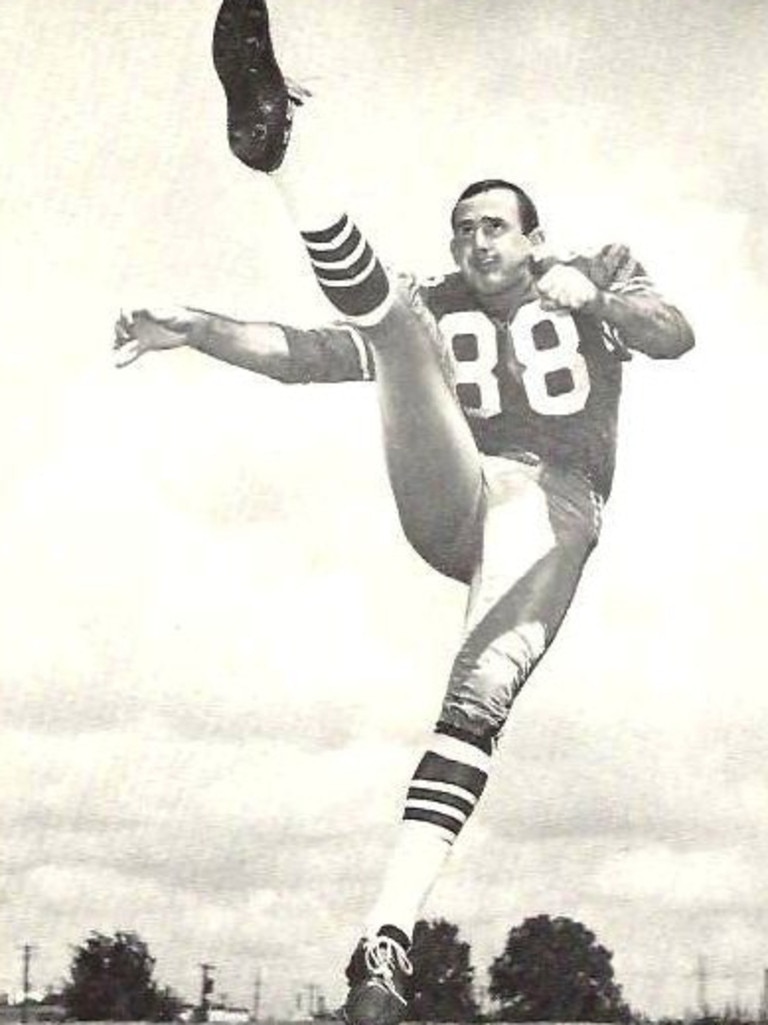
Of course, the broom handles were guns. “I tried to drive on,” said Ridgway, “But they fired shots over the roof and I stopped. Maybe I was dead either way.” There were five men in the car.
Four of them dragged Ridgway out of his rented Datsun and took his watch and money from his pockets. The Mexican bandits, if that is all they were, could have shot out his tyres and left him beside the road.
But were they executioners? They put a bag over his head and pushed him into the battered Chevrolet they were driving.
Ridgway said he knew then that he was being driven to his death. “My mind was just racing,” he said. “I knew they wouldn’t shoot me in the car but I knew they would shoot me as soon as we stopped. I knew that was my only chance to escape.”
Ridgway knew enough Spanish to know that words like “matar” (in Spanish the matador of the bull ring is merely a “killer”) meant he was to die. “When the car eventually stopped,” he said. “I pretended to faint with fright.
“I figured that if they had to carry me anywhere, they would not have their hands on their guns. They wouldn’t be able to shoot me.
“They had a struggle to get me out of the car and they started carrying me off the road. I knew I had to do something then or die like some poor bloody beast.
“After they carried me for about 20 yards, I kicked my legs free and dragged off the hood and punched and kicked and ran for it.”
Ridgway’s football training may have saved him the night the Mexicans captured him in the desert.
After escaping their grasp he started to run, just as he had been taught to run for the Dallas Cowboys, jinking and weaving as the Mexicans started to fire at him.
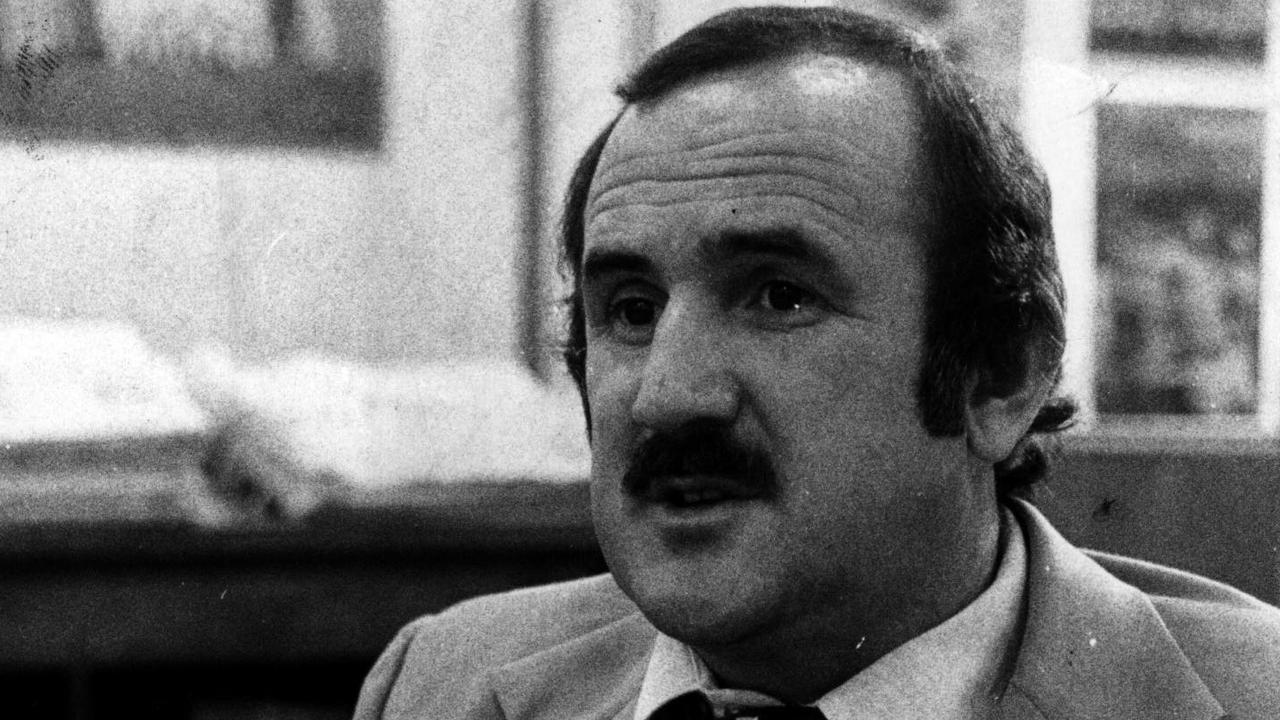
“I knew they would shoot me as soon as we stopped. I knew that was my only chance to escape’’ - Ridgway on his brush with Mexican bandits
“They all must have been shooting. I was running as hard as I could,” said Ridgway. “I fell and dragged myself up again and ran again. I realised only much later that I had been hit by a bullet.” Ridgway could hear the Mexicans yelling and firing behind him. “I kept running for at least an hour until I just couldn’t go on and
passed out. This time I really passed out.” Ridgway said he should have bled to death. “When I came to, I realised I had been hit by at least one bullet.”
The .45 slug was still had in his body when he died. It had gone through his spleen, broke five ribs and lodged in his left lung.
Ridgway ran on, his lung filling with blood. Then he crawled. He was slowing down. Had he stood, he might have been seen by the Mexicans against the desert skyline. He crawled across the desert for at least three hours until he reached a road.
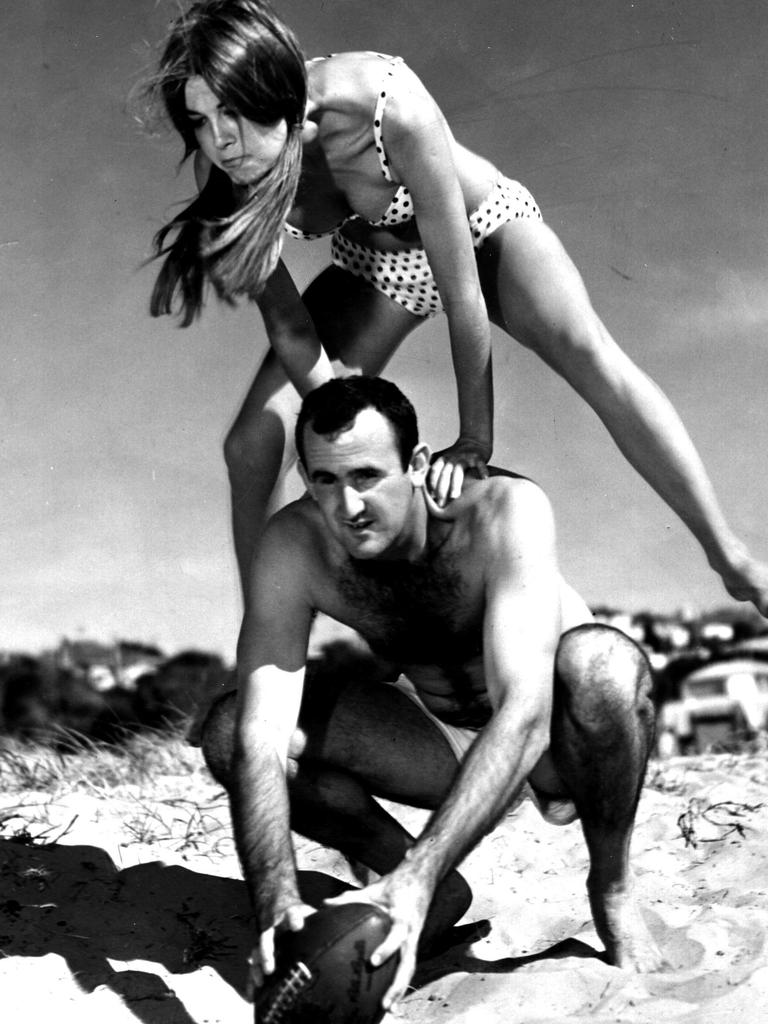
“Some cars passed but no one would stop,” he said. “I looked terrible. I was covered in dirt and blood. Finally, I just stood in the middle of the road holding up a fistful of money.
“A truck stopped in front of me. I waved the money and kept saying that I was hurt. ‘Take me to hospital, senors.’ They took him to Ixta-than del Sol, where his wife was waiting for him.
“I’m only alive because my wife went out into the street and bought blood,” said Ridgway. “They had none at the hospital.” Joan Ridgway walked through the streets and the bars.
“She picked the fittest looking guys she could find and told them they were on a hundred dollars a pint if the doctor at the hospital found they had the same blood type.
By the next day she had bought enough blood for the operation. “Sometimes it hurts,” Ridgway said. “But, I guess I’m lucky.”
KILLED IN COLD BLOOD
Eventually Ridgway’s luck ran out.
On the night of May 13, 1993, he was shot at least seven times by an intruder as he entered his upmarket duplex in the leafy Dallas suburb of University Park after a night out with his wife, Joan Jackson.
Jackson had driven a separate car home and entered through the back door to find her husband in a pool of blood with bullet wounds to the back of his head.
She called 911 and told a dispatcher her husband had suffered a heart attack.
“His back was the only thing I could see and I grabbed him and I said: “Colin, are you all right?’” she later told a US tabloid TV program.
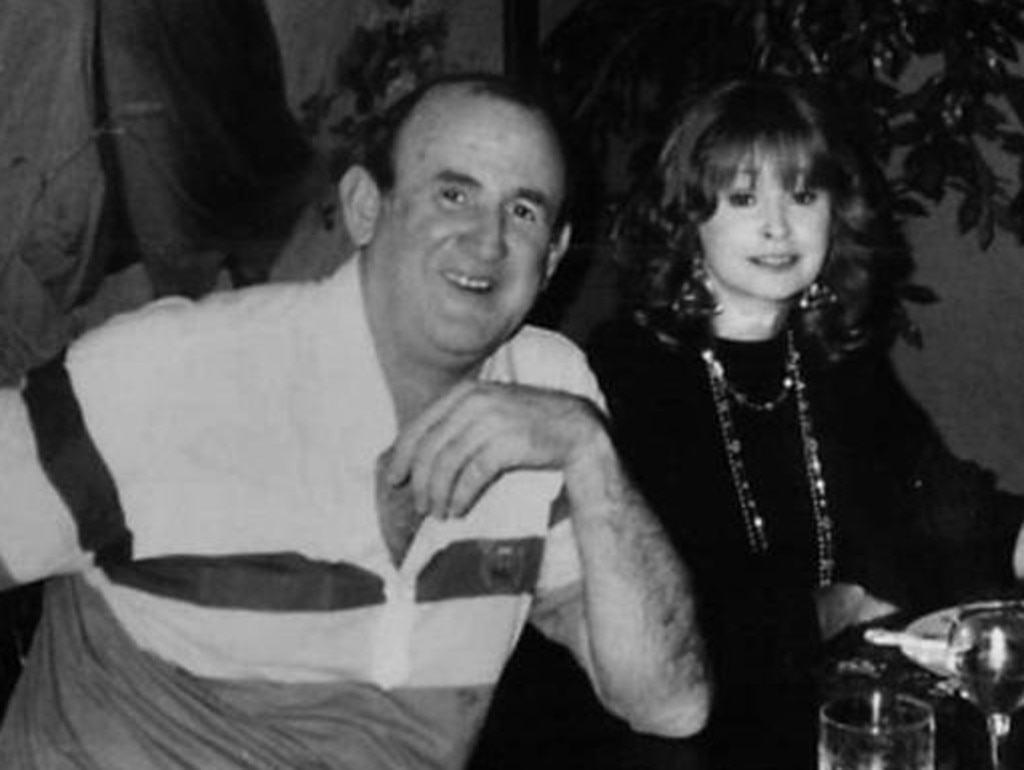
“He just kept heaving. I thought he had finally suffered a heart attack or a stroke coming up the stairs.”
Jackson’s 911 call raised the suspicions of police and Ridgway’s friends who offered a reward for information relating to the murder.
She told police she did not enter the apartment immediately but “watered some plants,” said police chief Bob Dixon.
“When she finally went up the steps and into the back of the house, she heard a noise. It was a coughing noise and she found him almost in the living room and very near the front door.
“The apartment had been ransacked. Clothing was thrown all over the floor in one bedroom and some papers had been removed and appeared to have been examined by someone.”
Incredibly, in a suburb no matter how quiet in the centre of Dallas, the Ridgways were in the habit of leaving their back door unlocked.
Chief Dixon said: “I wouldn’t leave my rear door open but I guess other people do.”
Archived reports show Jackson told police she’d been watering flowers out the back of the house and had not heard any shots as she entered the house. The couple’s neighbours also said they heard nothing.
Police attempted to pin the death as a murder-for-hire organised by Jackson.
But, a year after Ridgway’s death, a judge refused to indict her, leaving the widow free to continue public professions of innocence.
In one television interview, she told her detractors to “go to hell” and accused her husband of being a drug smuggler to Mexico who had been killed by “business” associates.
“I’d never seen Colin just falling apart on the inside and literally ... afraid to talk (on the night of his death),” she said.
“He said `my biggest fear is dying, Joan’.
“The only thing that had been dumped upside down in my closet were business records and personal records.”
Jackson remains without charge more than 20 years after the murder.
She has since reportedly become reclusive and refused to be interviewed by police in 2011.
A man known to her, Kenneth Bicking III, was accused of carrying out the murder in 1996.
His arrest came as a breakthrough for police but they had their hopes of a prosecution dashed when an alleged murder confession by Bicking to his wife was deemed inadmissible by a judge the following year.
Bicking, who had a lengthy violent criminal history, said he’d been set up by his wife who was bitter about a breakdown in their marriage.
Police hoped an untested hair found at the crime scene would match Bicking’s DNA but were forced to wait for DNA testing to improve because the hair lacked a root.
After almost 20 years of waiting, police finally received the results they thought could finally solve the case.
The hair did not match Bicking’s.
The case is reportedly University Park’s only cold homicide.
Bicking has since received two life sentences for the historic kidnap and rape of a young woman.
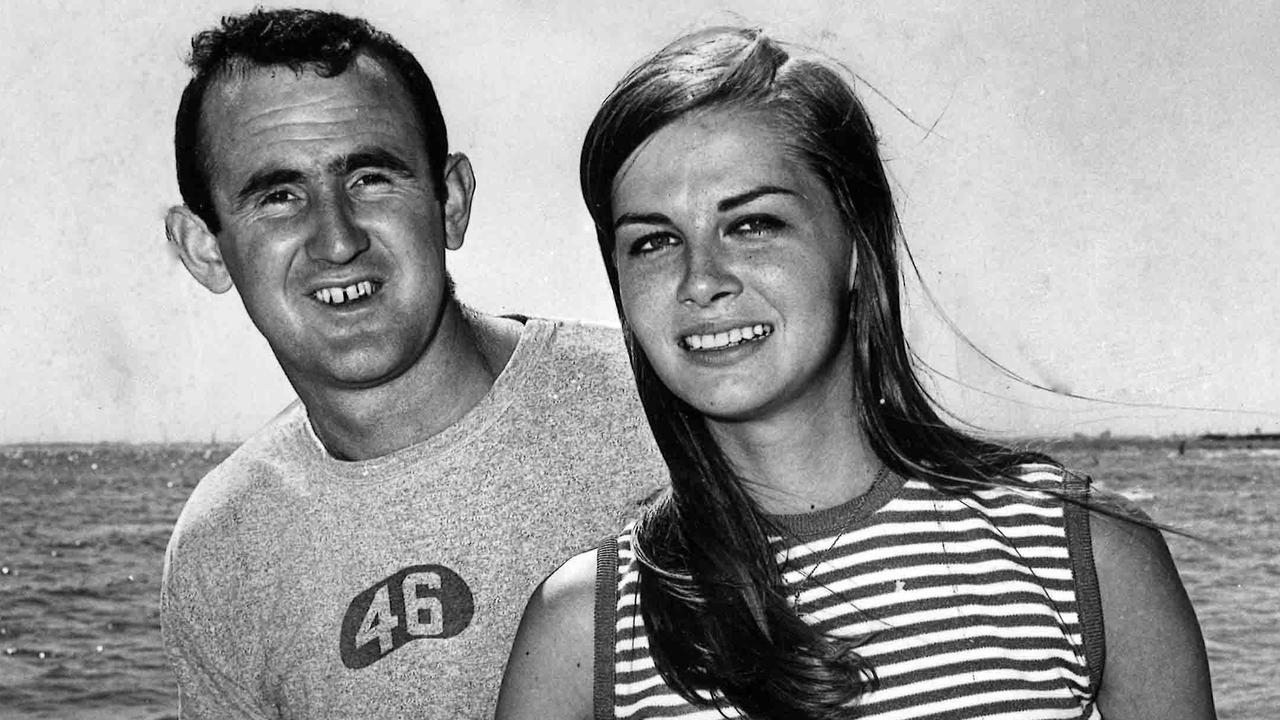

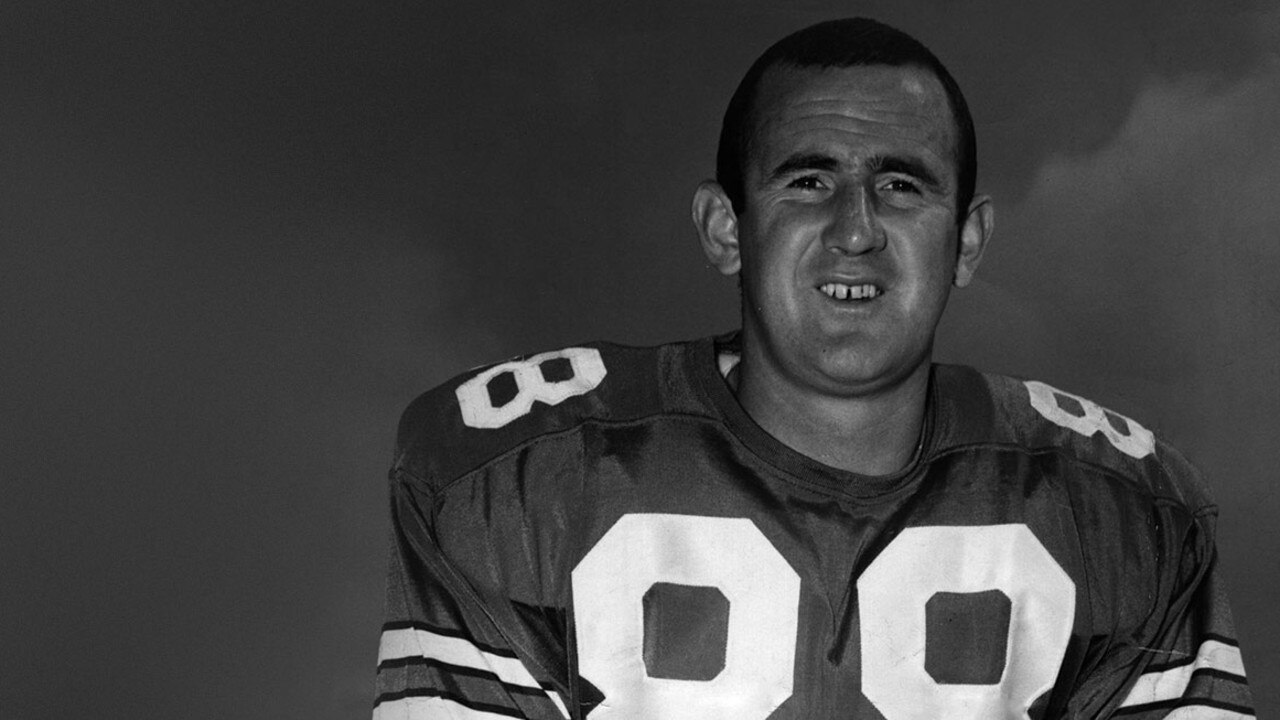
Here’s what you can expect with tomorrow’s Parramatta weather
As summer moves towards autumn what can locals expect tomorrow? We have the latest word from the Weather Bureau.
Here’s what you can expect with tomorrow’s Parramatta weather
As summer moves towards autumn what can locals expect tomorrow? We have the latest word from the Weather Bureau.